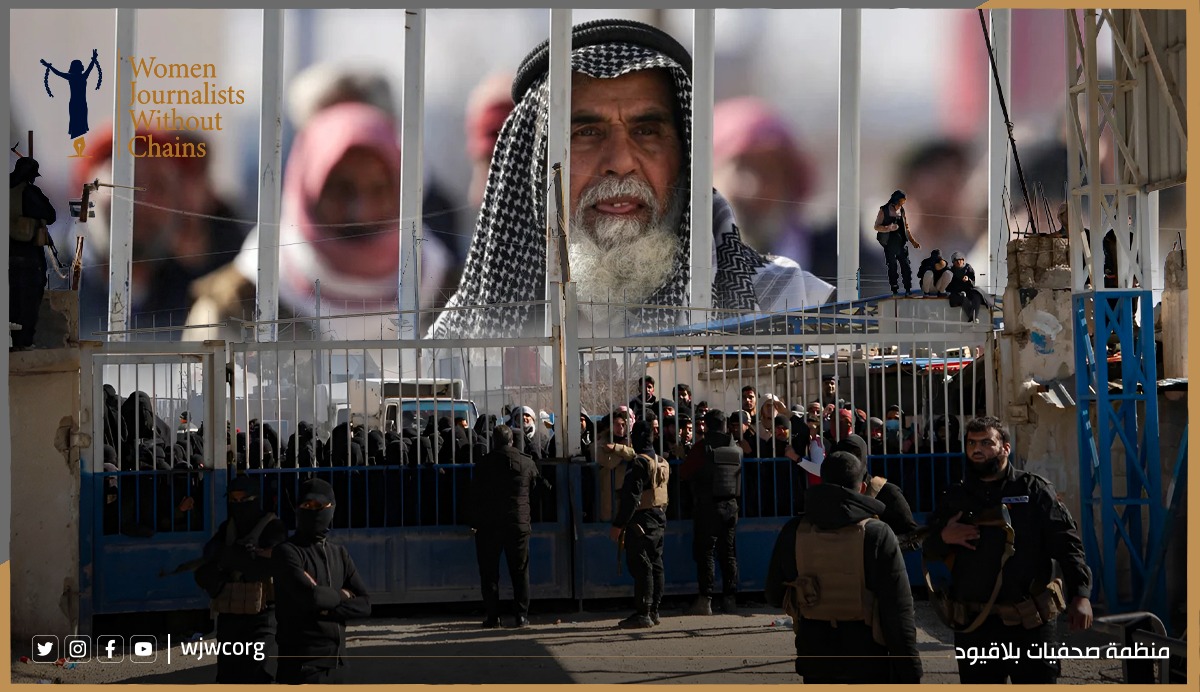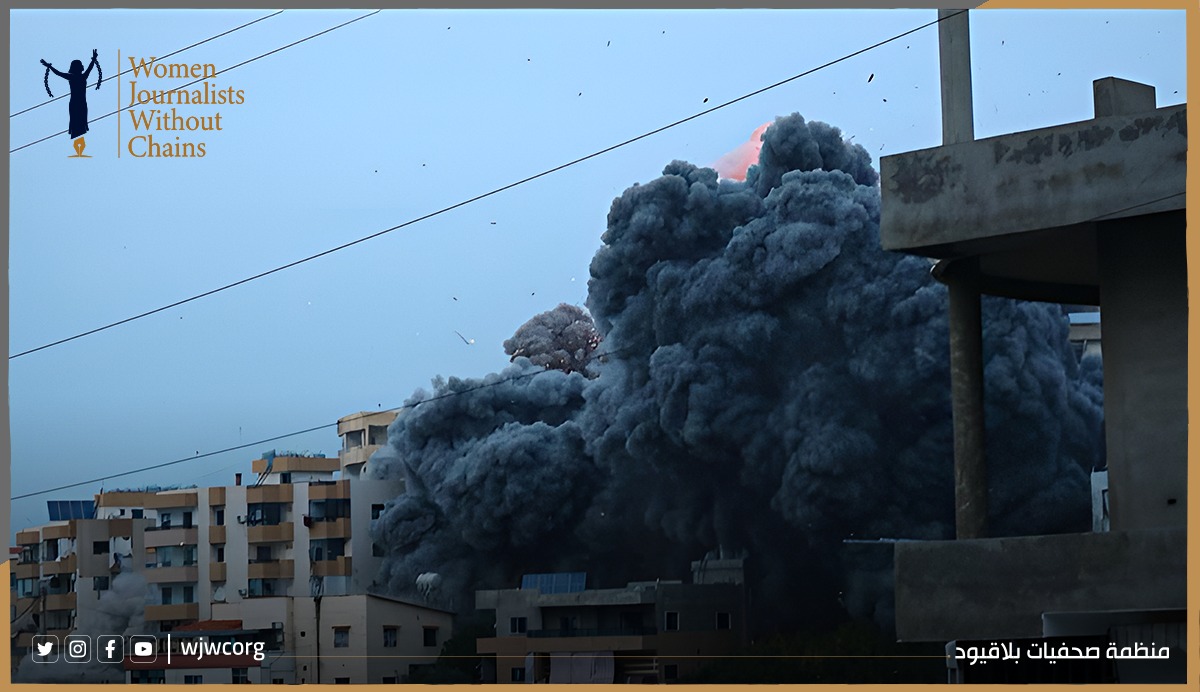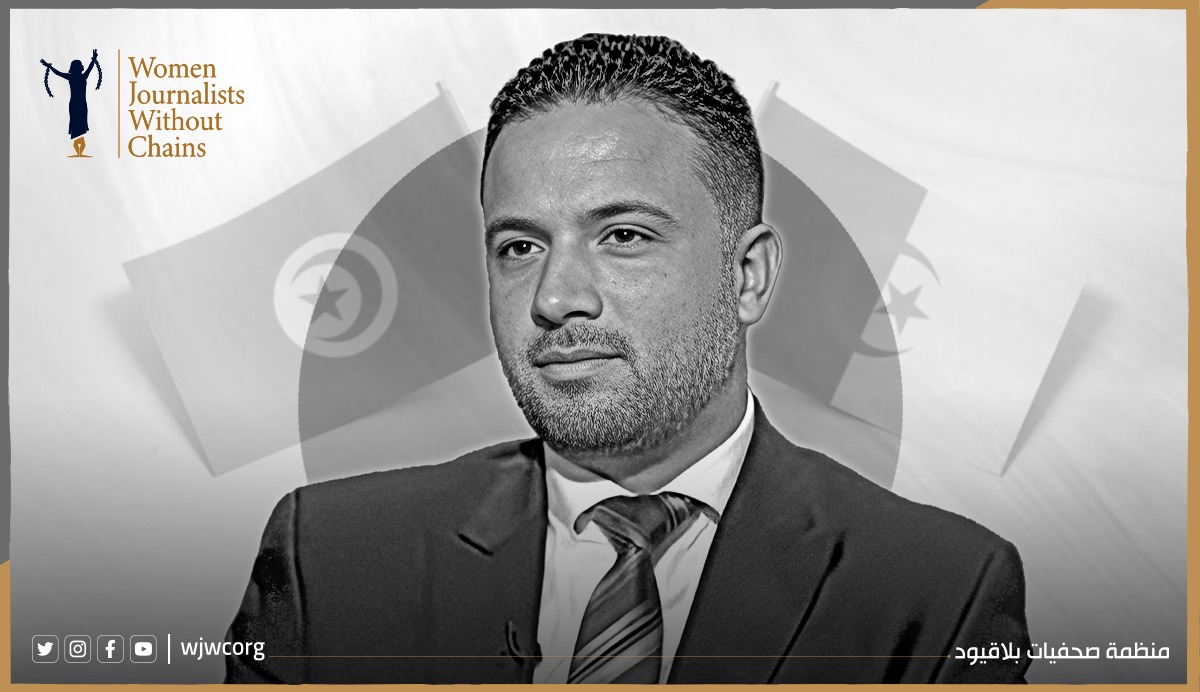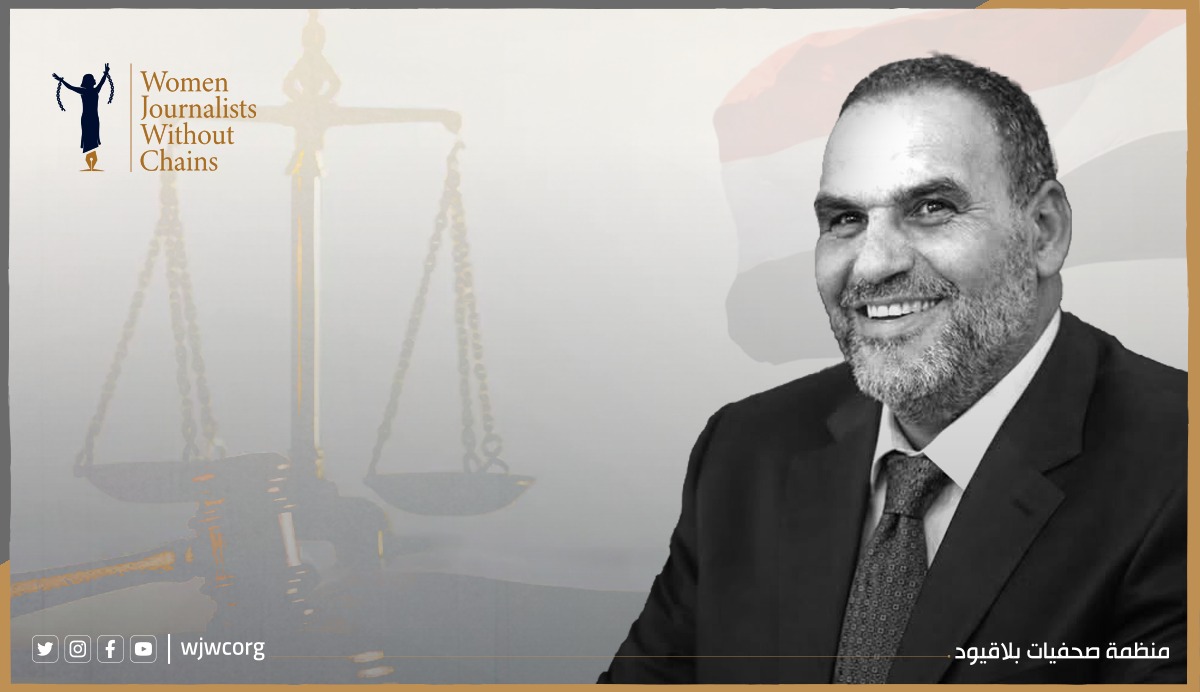Concerns over Press Freedom in Lebanon after Dima Sadek's Imprisonment

Women Journalists Without Chains has expressed its concern over the recent court ruling in Lebanon, which sentenced journalist Dima Sadek to a year-long imprisonment. This was in response to an article she wrote defending a victim of assault by supporters of a political group in 2019.
On July 11th, a Lebanese criminal court issued a verdict against journalist Dima Sadek, sentencing her to one year in prison and imposing a fine of 110 million Lebanese pounds. The charges against her included "inciting sectarian strife, libel, and defamation," in a case brought against her by the Free Patriotic Movement and its president, Gebran Bassil.
Through a Twitter post, Dima Sadek noted that the leader of the Lebanese movement, Representative Gebran Bassil, had obtained a judicial ruling from Judge Rosen Hujaili of the Criminal Court to imprison her for a year without the possibility of suspending the sentence, which she described as an "unprecedented precedent."
Tawakkol Karman, the head of Women Journalists Without Chains, voiced her solidarity with Dima Sadek and expressed concern over the verdict against her, which she sees as a warning sign for press freedom in Lebanon.
Karman urged the Lebanese judiciary to correct its mistake of targeting press freedom and noted that the ruling raises significant concerns for the safety of female journalists in Lebanon who are often targeted on the basis of their gender.
The organization Women Journalists Without Chains believes that the trial of Dima Sadek, which commenced in 2020, did not meet the standards of a fair trial and sets a dangerous precedent. The verdict also suggests a significant decline in the once highly regarded press and expression freedom in Lebanon. This ruling further burdens female journalists, who are required to fight against the charges levied against them in the Publications Court.
According to Lebanese law, journalists cannot be moved to courts other than the Publications Court. However, in recent years, security agencies, army intelligence, and courts devoid of the authority to hear cases involving the press have summoned both male and female journalists. This conduct, which amounts to treating journalists like criminals or terrorists, attempts to have an impact on their reporting and their right to freedom of expression.
Dima Sadek's trial in a non-specialized criminal court raises concerns about the freedom of the press and expression in Lebanon. Her tweet criticizing the Free Patriotic Movement was linked to a viral video showing its members using sectarian language and assaulting a young man, which underscores the importance of press freedom in discussing political and sectarian issues.
The decision against Dima Sadek, according to Journalists Without Chains, is a part of a larger campaign of intimidation and threats against her that started after a comment she wrote on Twitter in August about prominent political personalities in Iran. As a result of these initiatives, there has been violence and murder, bringing attention to the hazardous circumstances that journalists in Lebanon face as well as the requirement for stronger protections for press freedom and freedom of expression.
The decision against Dima Sadek, according to Women Journalists Without Chains, is a part of a larger campaign of intimidation and threats against her that started after a comment she wrote on Twitter in August about prominent political personalities in Iran. As a result of these initiatives, there has been violence and murder, bringing attention to the hazardous circumstances that journalists in Lebanon face as well as the requirement for stronger protections for press freedom and freedom of expression.
Issued by:
Women Journalists Without Chains
July 13, 2023

 En
En  Ar
Ar 